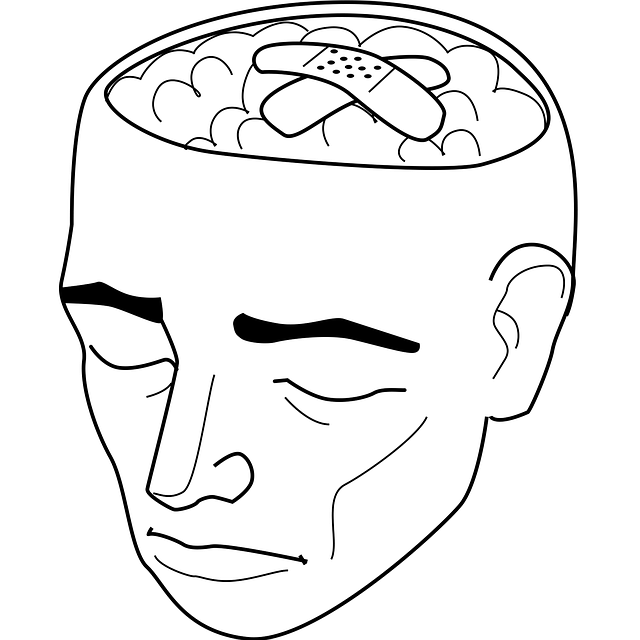Coping skills development is vital for children's mental health, with therapy and biofeedback playing central roles in navigating challenges. Biofeedback teaches kids to regulate physical responses tied to stress or anxiety, fostering resilience and self-regulation skills that aid in trauma support, anxiety relief, and depression prevention. Integrating structured routines with mindfulness exercises, role-playing, and mental wellness podcasts supports open communication and builds lifelong coping mechanisms.
Coping skills development is an essential aspect of fostering resilience and well-being in children. This article explores effective strategies to support young minds in managing stress, anxiety, and challenging emotions. We delve into understanding the fundamental role that biofeedback therapy plays in teaching coping mechanisms, offering a unique approach to self-regulation. Additionally, it provides practical tips for parents and educators on integrating these skills seamlessly into daily routines, ensuring children are equipped with tools to navigate life’s hurdles.
- Understanding Coping Skills Development in Children
- The Role of Biofeedback Therapy in Teaching Coping Mechanisms
- Practical Strategies for Integrating Coping Skills into Daily Routines
Understanding Coping Skills Development in Children

Understanding Coping Skills Development in Children
Coping skills development is a vital process for children as it equips them with the tools to navigate life’s challenges and emotional difficulties. In today’s world, where mental health awareness is on the rise, recognizing and nurturing these skills early on is more important than ever. Therapy for children plays a pivotal role in this journey, offering specialized support tailored to their unique needs. Through various therapeutic approaches, professionals help young individuals learn effective strategies to manage stress, anxiety, and even trauma. One such powerful technique is biofeedback, which teaches children how to regulate their physical responses, thereby enhancing their ability to cope with demanding situations.
By incorporating biofeedback into therapy sessions, kids gain a deeper understanding of their bodies’ reactions to different stimuli. This knowledge empowers them to take charge of their emotional well-being, offering a sense of control and autonomy. Such coping mechanisms not only aid in trauma support services but also serve as anxiety relief tools and even play a role in depression prevention by fostering resilience and self-regulation skills.
The Role of Biofeedback Therapy in Teaching Coping Mechanisms

Biofeedback therapy is an innovative approach that plays a pivotal role in teaching children effective coping mechanisms. This non-invasive treatment utilizes real-time feedback to help kids gain awareness and control over their bodily functions, such as heart rate and muscle tension, which are often indicators of stress or anxiety. Through this process, children learn to recognize their physical responses to various situations, enabling them to develop healthier coping strategies.
The therapy is particularly beneficial for teaching compassion cultivation practices and self-awareness exercises, allowing kids to cultivate a sense of calm and resilience. By integrating biofeedback into therapeutic sessions, professionals can guide young individuals in understanding and managing their emotions more effectively. Additionally, this method facilitates the development of a consistent self-care routine, which is crucial for maintaining better mental health and overall well-being.
Practical Strategies for Integrating Coping Skills into Daily Routines

Integrating coping skills into daily routines is a powerful way to enhance mental wellness and resilience. For children, who are often navigating complex emotions, practical strategies can make a significant difference. One effective technique is biofeedback, a form of therapy that teaches them how to recognize and control physical responses to stress. By using sensors to monitor heart rate and muscle tension, kids can learn relaxation techniques such as deep breathing or progressive muscle relaxation, which they can then employ independently. This not only aids in depression prevention but also equips them with essential tools for managing anxiety and stress throughout their lives.
Incorporating coping skills into daily life requires dedication and consistency. Parents and caregivers can support children by establishing structured routines that include dedicated time for mindfulness exercises, such as meditation or guided imagery. Additionally, teaching conflict resolution techniques through role-playing scenarios or enrolling them in a mental wellness podcast series designed for young listeners can foster healthy emotional expression and social skills. By making these practices an integral part of their day, families can create a supportive environment that encourages open communication and builds resilience in both children and adults.










